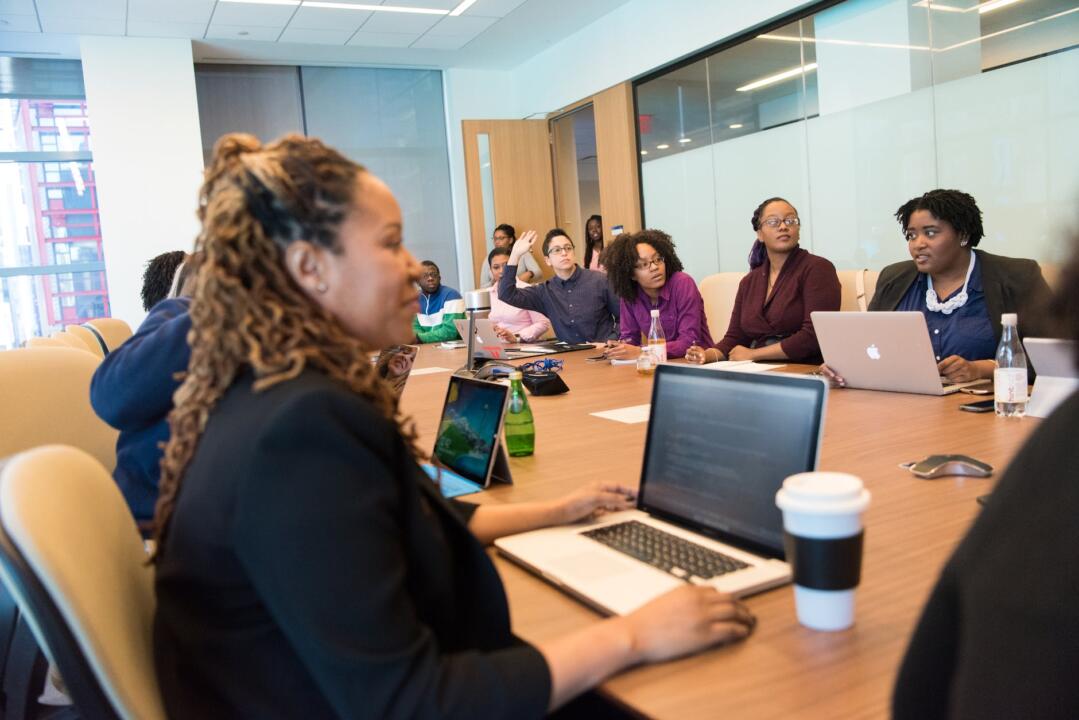Your cart is currently empty!

“C7” Lifelong Learning
The “Lifelong Learning” competency is a fundamental aspect of medical education and the practice of medicine. It refers to the commitment and ability of physicians to engage in continuous learning and professional development throughout their careers. Lifelong learning is essential because the field of medicine is constantly evolving, with new research, technologies, and treatment approaches emerging regularly. To stay current and provide the best possible care to patients, physicians must actively pursue ongoing education and skill enhancement.
Key aspects of the Lifelong Learning competency include:
- Adaptability: Lifelong learners in medicine are open to change and readily adapt to new information, technologies, and medical guidelines. They understand that medicine is a dynamic field and that being receptive to innovation and improvement is vital for optimal patient care.
- Curiosity: Lifelong learners have a natural curiosity that drives them to explore and seek new knowledge. They are proactive in seeking out opportunities for learning, whether through formal continuing medical education (CME) programs, medical conferences, journals, or online resources.
- Critical Appraisal: Lifelong learners have the ability to critically appraise scientific literature and medical research. They can distinguish between high-quality evidence and studies with limitations, ensuring that their clinical decisions are based on the best available evidence.
- Self-Assessment: Lifelong learners engage in self-assessment to identify their strengths and areas for improvement. They recognize the value of constructive feedback from colleagues, mentors, and patients to enhance their skills and knowledge.
- Integration of Learning into Practice: Lifelong learning is not merely about acquiring knowledge; it’s about applying that knowledge to improve patient outcomes. Physicians who embrace this competency actively integrate new insights and evidence into their clinical practice.
- Teaching and Mentorship: Lifelong learners often find opportunities to teach and mentor others, sharing their knowledge and experiences with the next generation of healthcare professionals.
- Professional Development Planning: Physicians committed to lifelong learning engage in ongoing professional development planning. They set goals for their learning journey, identify relevant educational resources, and assess their progress regularly.
By embracing the Lifelong Learning competency, physicians can provide the highest standard of care to their patients, demonstrate commitment to professional excellence, and contribute to advancements in the medical field. Furthermore, lifelong learning is not only beneficial for individual physicians but also for the overall improvement of healthcare systems and patient outcomes.
Comments
2 responses to ““C7” Lifelong Learning”
-
#
-
@md01 how do you log in?

Your voice matters – comment below!